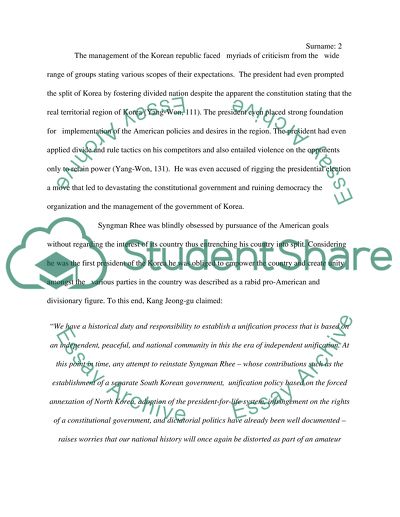Cite this document
(“NATIONALISM 4: Nation Building, Wars, and Evangelistic Campaign Essay”, n.d.)
Retrieved from https://studentshare.org/religion-and-theology/1631577-nationalism-4-nation-building-wars-and-evangelistic-campaign
Retrieved from https://studentshare.org/religion-and-theology/1631577-nationalism-4-nation-building-wars-and-evangelistic-campaign
(NATIONALISM 4: Nation Building, Wars, and Evangelistic Campaign Essay)
https://studentshare.org/religion-and-theology/1631577-nationalism-4-nation-building-wars-and-evangelistic-campaign.
https://studentshare.org/religion-and-theology/1631577-nationalism-4-nation-building-wars-and-evangelistic-campaign.
“NATIONALISM 4: Nation Building, Wars, and Evangelistic Campaign Essay”, n.d. https://studentshare.org/religion-and-theology/1631577-nationalism-4-nation-building-wars-and-evangelistic-campaign.


